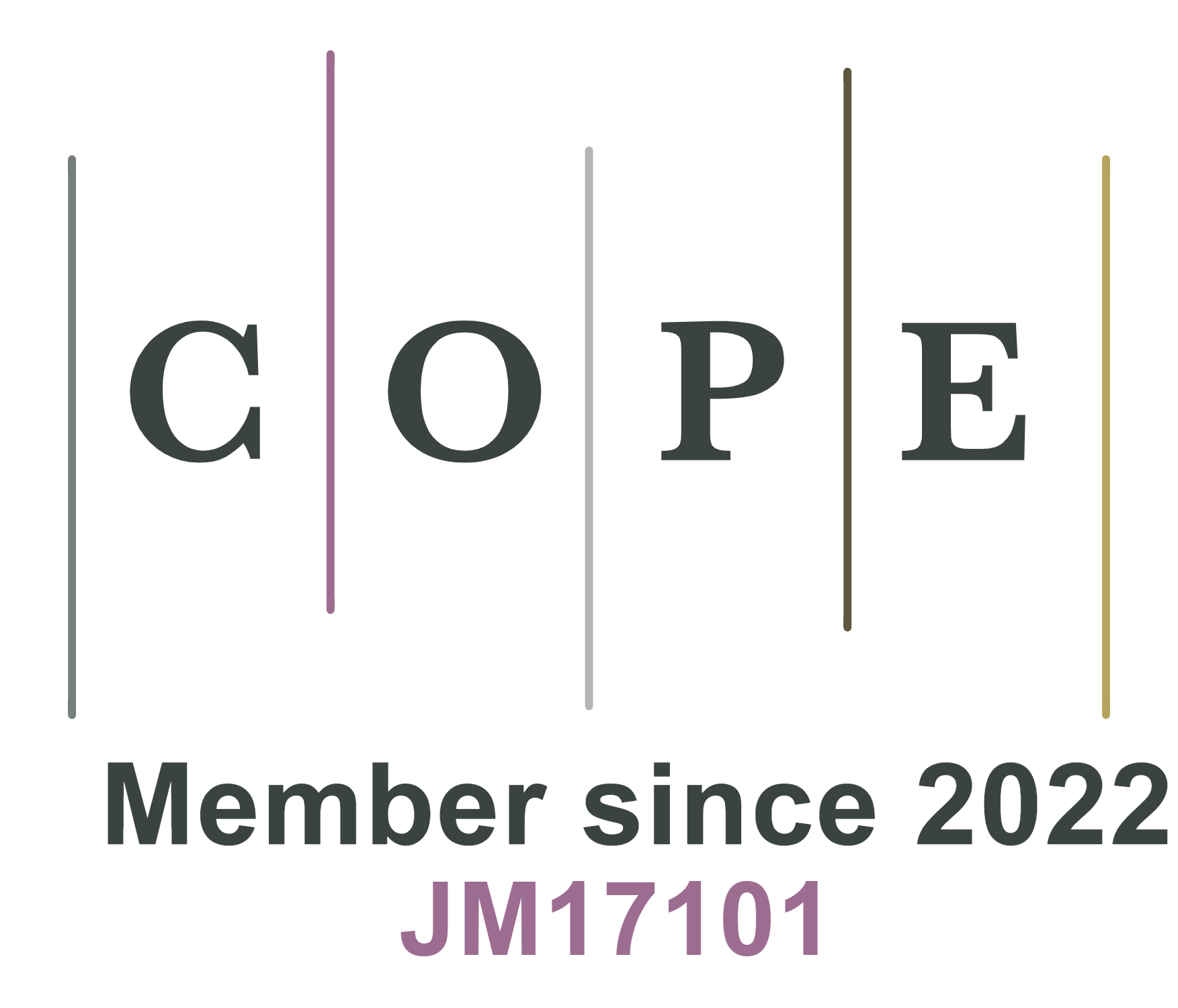Article | Open Access
High-performance novel anode-supported microtubular protonic ceramic fuel cells via highly efficient and simplified extrusion technology
Views: 28
Energy Mater 2025;5:[Accepted].
Author Information
Article Notes
Cite This Article
Abstract
Protonic ceramic fuel cells (PCFCs) are regarded as efficient energy conversion devices for addressing the challenges of carbon neutrality, which can directly convert the chemical fuel energy into electricity at reduced operating temperatures below 700 °C. However, the insufficient strength and immature preparation processes of PCFCs limit their practical application. In this work, the novel anode-supported microtubular PCFCs with a tube diameter of less than 5 mm were successfully prepared by extrusion technology combined with a dip-coating method. The newly developed BaZr0.4Ce0.4Y0.1Gd0.1O3-δ (BZCYG4411) proton-conducting electrolyte was synthesized using an extremely simple and efficient one-step solid-state reaction method, showing comparable electrical conductivity with BaZr0.4Ce0.4Y0.1Yb0.1O3-δ (BZCYYb4411) and BaZr0.1Ce0.7Y0.1Yb0.1O3-δ (BZCYYb1711) electrolytes, as well as excellent chemical stability. The single cell with Ba2Sc0.1Nb0.1Co1.5Fe0.3O6-δ (BSNCF) cathode exhibited a high peak power density of 906.86 mW cm-2 at 700 °C. Additionally, this microtubular PCFC demonstrated excellent stability after about 103 h durability test at a constant current of 0.5 A cm-2 at 650 °C. This study provides a highly efficient and simplified technology for fabricating high-performance and durable anode-supported microtubular PCFCs.
Keywords
BZCYG4411 proton-conducting oxide, new anode support, microtubular PCFC, large-length, extrusion
Cite This Article
Zhuang Z, Huang Z, Zhang X, Liu K, Zheng G, Chen T, Sun R, Xu L, Wang S. High-performance novel anode-supported microtubular protonic ceramic fuel cells via highly efficient and simplified extrusion technology. Energy Mater 2025;5:[Accept]. http://dx.doi.org/10.20517/energymater.2024.90
Copyright
© The Author(s) 2025. Open Access This article is licensed under a Creative Commons Attribution 4.0 International License (https://creativecommons.org/licenses/by/4.0/), which permits unrestricted use, sharing, adaptation, distribution and reproduction in any medium or format, for any purpose, even commercially, as long as you give appropriate credit to the original author(s) and the source, provide a link to the Creative Commons license, and indicate if changes were made.














